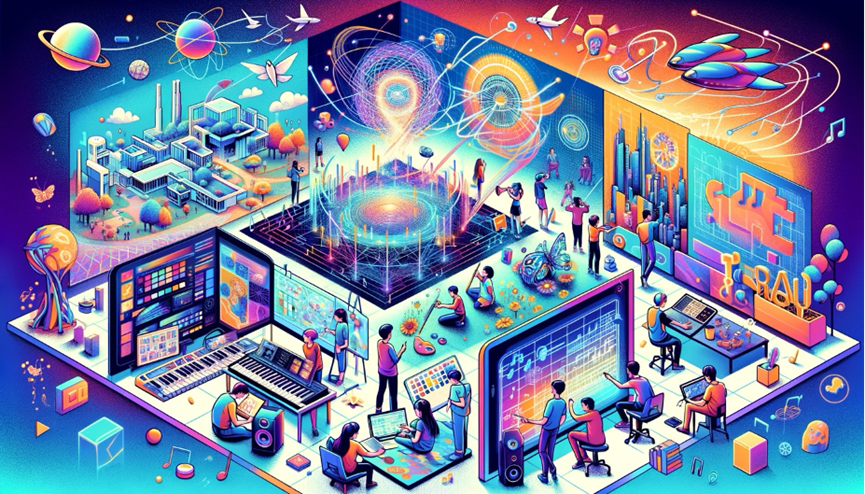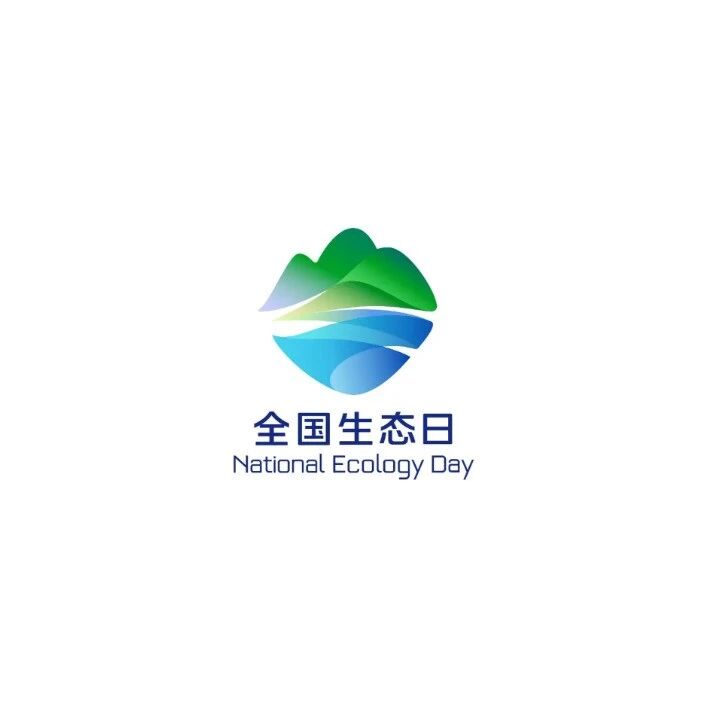With generative AI, educators and learners will have limitless possibilities. This image was generated and edited using artificial intelligence.
Image source:Oguz A. Acar created using DALL-E
Oguz A. Acar
Professor of Marketing and Innovation at King's College London
Generative AI tools are already transforming the way educators interact with students.
In the age of generative AI, while there’s plenty of discussion around associated risks, there are also numerous opportunities to reimagine how education is delivered.
From helping teachers focus on teaching to enabling students to engage in more ambitious projects, artificial intelligence has the potential to make a significant impact in the education sector.
Generative AI tools have sent shockwaves through the academic world. They’ve become a hit among Harvard University freshmen, outperforming second-year medical students at Stanford in clinical reasoning assignments—and even surpassing the creativity of students at an elite university, a domain long considered uniquely human.Educators naturally feel concerned, and their responses often take on a defensive tone—ranging from hesitant observation to outright resistance. However, if we focus too much on the potential problems AI might bring, we risk overlooking the significant benefits it has to offer.We cannot overlook the current education system’s shortcomings, such as unequal access to opportunities and teacher burnout. Artificial intelligence is not just a challenge—it also presents a unique opportunity to address these long-standing issues while unlocking human potential and fostering creativity. To achieve this effectively, we must thoughtfully reimagine our approaches to skill development, assessment, and teaching methods.In an AI-driven world, what skills are essential for learners to master? While no one knows the exact answer, a logical first step is to build a fundamental understanding of artificial intelligence—grasping how it works, its strengths, and its limitations. Cultivating this basic AI literacy is crucial for demystifying AI and preventing misunderstandings, such as anthropomorphizing it. Fortunately, there are resources available that can deliver this knowledge quickly, freely, and effectively, including a course specifically designed for higher education by King’s College London.But this is just the beginning. A crucial skill is "problem framing," a concept often overshadowed by "problem solving." With the proliferation of AI tools today—many of which can even deliver instant solutions—what people truly need now is the ability to effectively identify and analyze problems, clearly define their boundaries, creatively reframe them, and ultimately expand the range of potential solutions.The rapidly evolving field of artificial intelligence also requires a skill set rooted in exploration and experimentation. As countless new and updated AI tools emerge, the ability to adapt quickly and learn on the fly becomes essential. Since these tools often come without user manuals—and their real-world applications can even surprise their creators—cultivating a mindset of curiosity and staying ready to embrace trial-and-error learning is key to keeping pace with this ever-advancing landscape.Critical thinking and reflection skills are becoming increasingly vital. As the line between fiction and reality grows increasingly blurred—and given that AI tools can sometimes generate inaccurate or biased content—we need individuals who can critically evaluate information. Moreover, as artificial intelligence continues to permeate every aspect of our lives, it’s essential to consider its profound impact on how we approach problem-solving, shape our personal identities, and even redefine societal structures.Reimagining Assessment and LearningThe traditional methods long used in education to assess students are gradually becoming outdated—yet this may actually be a good thing.Once we recognize that students are using generative AI tools—whether officially approved or not—we can unlock new possibilities in them. In other words, beyond essays and problem sets, we’ll start seeing more sophisticated, timely, and valuable outcomes, such as the creation of functional prototypes, software, or even other innovative products. This, in turn, will better equip learners for both their future lives and career paths.While leveraging generative AI in assignments represents progress, it’s simply not enough. The immediate priority is to provide students with robust guidance and mentorship—something that must be grounded in proven educational theories and implemented through innovative approaches specifically tailored to harness AI’s role in learning. For instance, educators at King’s College London and other institutions are already adopting the PAIR (Problem, AI, Interaction, Reflection) framework, which builds on problem-based and active learning principles. This framework offers educators a structured approach to designing assignments and learning activities that encourage students to use AI effectively—and responsibly.However, this doesn’t mean fully applying artificial intelligence to every form of assessment. Face-to-face evaluations remain essential for building a solid foundation, especially during the early stages of learning. A deep understanding of core subjects is still critical—this ensures we don’t cede too much control to AI while also enabling us to ask intelligent questions and engage critically with AI tools. The key lies in adopting a strategic, carefully tailored approach to integrating AI into education.Reimagining Teaching and ClassroomsFor decades, personalized education has remained a luxury accessible only to a privileged few—yet generative AI holds the promise of changing that.It offers a glimpse into a future where personalized education becomes accessible to everyone, including the 250 million children currently out of school. Imagine a world where, no matter where students are located, AI-powered teaching assistants can tailor learning materials and provide answers specifically designed to meet their unique needs, preferences, and abilities.This sounds like something straight out of science fiction, but in a way, it’s already becoming reality. Khan Academy’s AI tutor, Khanmigo, is helping young students master a wide range of subjects. Similarly, you no longer need any coding skills to create a personalized, custom ChatGPT bot—like the one I built in just 10 minutes to assist educators in adopting the PAIR framework.Generative AI holds the promise of becoming a virtual assistant for educators, offering a wide range of support—from handling administrative tasks to crafting innovative learning materials. With widespread shortages in teaching staff and growing burnout among educators, AI could help break this cycle, enabling teachers to dedicate more time and energy to their true calling: delivering impactful instruction.In the future, artificial intelligence will play a critical role in delivering information, and the very purpose of the classroom should also evolve. For instance, we could experiment with the flipped classroom model, which would free up class time for activities that encourage active participation and collaboration.Generative AI is far more than just the latest tech trend—it’s a transformative, general-purpose technology capable of influencing and even reshaping every aspect of our lives. In the age of AI, perhaps the greatest threat to education isn’t the inherent risks of the technology itself, but rather our reluctance to fully explore AI and thoughtfully harness its immense potential. After all, this technology holds the remarkable promise of ushering us into a new era of learning, teaching, and personal growth.
The above content solely represents the author's personal views.This article is translated from the World Economic Forum's Agenda blog; the Chinese version is for reference purposes only.Feel free to share this on WeChat Moments; please leave a comment below the post if you’d like to republish.
Translated by: Sun Qian | Edited by: Wang Can
The World Economic Forum is an independent and neutral platform dedicated to bringing together diverse perspectives to discuss critical global, regional, and industry-specific issues.
Follow us on Weibo, WeChat Video Accounts, Douyin, and Xiaohongshu!
"World Economic Forum"





